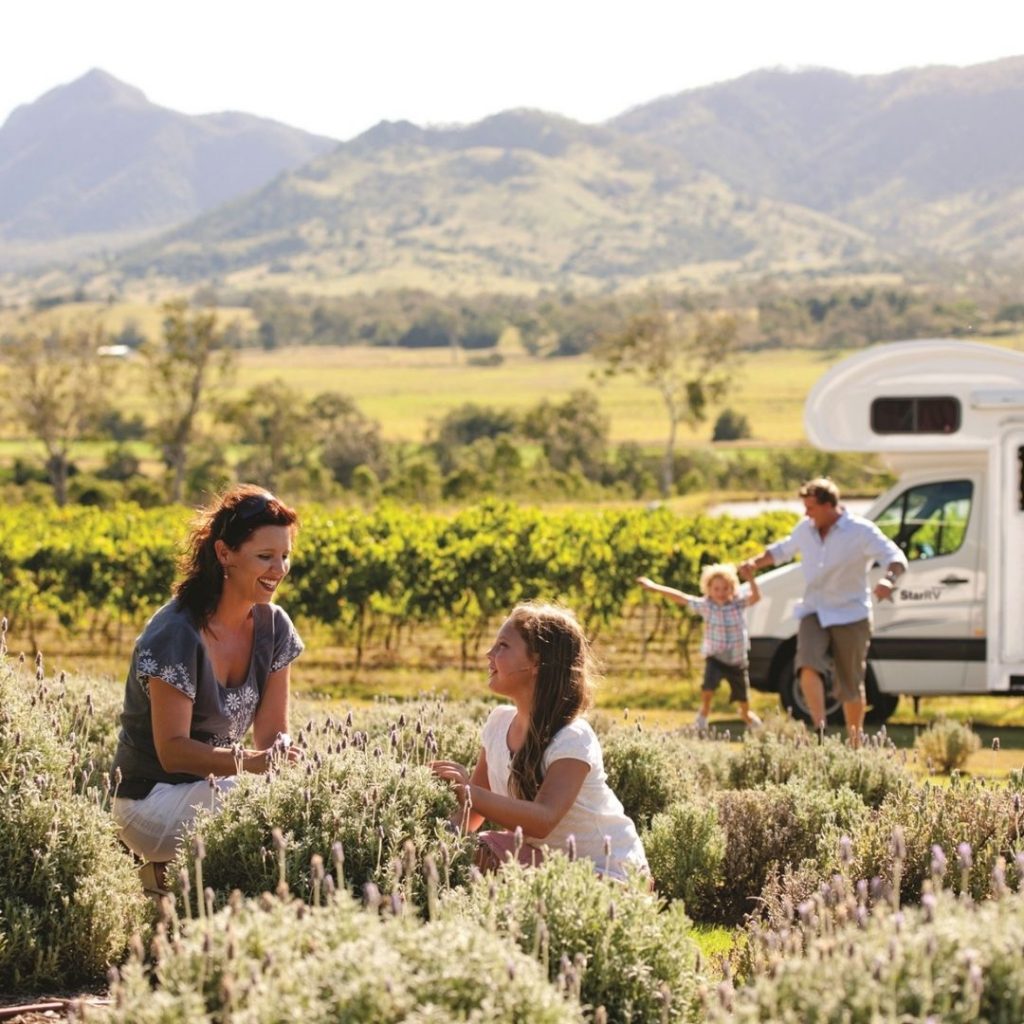
COVID SAFE TIPS FOR RVERS
Luckily, throughout most of Australia, camping during COVID-19 is open depending on where you want to go. Given that the great outdoors is the safest travel option, it makes a lot of sense to hit the road and explore what our own backyard has to offer.
Families are itching to get out and have some fun! Being active and experiencing outdoor recreation is great for your mental and physical health. Experts assure that camping and other outdoor activities are safe, provided you follow safety protocols.
If you’re prepared to take the proper precautions to keep yourself and others safe, camping is actually a great idea right now.
Here are our tips on keeping COVID safe on your next RV adventure.
1. Plan ahead

Preparation is always key, especially now during the pandemic. Coronavirus is likely to bring some new rules to your excursion. Check current conditions and local guidelines. Make sure you are allowed to safely travel to and from your desired locations and check which campsites are open. Many campsites that are open are putting campers further apart from each other and may have limited spots available, so it is important to book your campsite ahead of time. It is also recommended to check in advance what facilities will be open and what services are available. This will help avoid any unexpected surprises.
2. Avoid busy times

Campgrounds are always busier in the summer months and during school holidays. It is advisable to research how popular your chosen destination/ campground will be during your chosen holiday time period. Check trusted government health sources to be aware of potential hot spots and any restrictions to aid in your decision on where to go and where to avoid.
3. Keep your campground small

It is not the best time to plan a camping trip with a large group of people you do not usually have close contact with. Many campgrounds also limit the number of people allowed in each campground. Large groups also make social distancing more difficult.
If you do camp with people you do not live with, take additional precautions, remember to social distance, and sleep in separate tents/ RVs.
4. Practice good hygiene

Wash your hands! You’re probably getting tired of hearing this one, but good hygiene is necessary with slowing the spread of COVID-19 and other germs. Make it fun by humming the chorus of these famous songs as you conduct your thorough clean! When stopping at petrol stations or grocery stores along the way or just using campground facilities be sure to wear a mask (where required), avoid touching as much as possible, use hand sanitiser, and clean up and disinfect after yourself.
5. Create a sanitation pack

In order to comply with the above, it is a good idea to create a sanitation pack and take it along with you on your travels. Pack disinfectant wipes and spray along with antibacterial soap and alcohol-based hand sanitiser into a convenient little bag.
Use these frequently especially when coming into contact with items or surfaces that are shared with other people.
6. Practice social distancing

Something else you’re probably tired of hearing. Just because you are outdoors, does not mean that social distancing is not required. It is important to stay at least 1.6m apart from people outside your household and follow park guidelines and area markings. We also recommend avoiding contact sports and sharing food.
That being said, stay with your close group/ family and make sure kids do not wander off on their own and they are aware of and understand boundaries and to social distance from others that are not in your group or family.
7. Keep track of your whereabouts

Note your locations as well as the date and times you are at each location, especially in places with a lot of traffic.
Where asked to do so, check in a provide relevant details. This will help authorities get a hold of you if a case were to be discovered.
Downloading the relevant COVIDSafe app to your state will help state and territory health officials to quickly identify and contact people who may have been exposed to COVID-19. This will help eliminate the need to keep track of your whereabouts and the times of your whereabouts as well as having to recall everyone you have been in close contact with (presuming they have downloaded the app as well).
8. Stay local

When planning your trip, look for places to stay in your own state, especially with ever-changing border restrictions – you wouldn’t want to have to cut your trip short or be ‘locked out’ of your home state or made to add a 14 day quarantine period to the end of your trip. See this as an opportunity to explore all those great locations nearby that have been put aside for other far-flung trips.
9. Use your own facilities

Most holiday parks have thorough hygiene standards and COVID safe plans in place. However, using your own facilities will reduce the burden on the park and other patrons and is undeniably the safest option. It is always better to be safe than sorry.
Use as many of the facilities that your RV accommodates for. That’s what you bought them for, right?
Luckily, cooking over the camp stove and enjoying meals in front of the campfire are some of the best parts of camping.
10. Be proactive

If at any point before, during, or shortly after your trip you begin to feel unwell and develop any symptoms, or someone else in your group does, it is important to isolate immediately and notify relevant persons, such as park management and other campers that you may have come into contact with. Arrange to get tested whenever it is possibly safe to do so.
Being proactive is an important step in stopping the spread and containing outbreaks. Be sure to be self-aware and take action when needed.
If you have any more COVID safe tips, drop them in the comments below!
The information contained in this article is for educational and informational purposes only and is not intended as health or medical advice. Always consult a physician or other qualified health provider regarding any questions you may have about a medical condition or health objectives.




